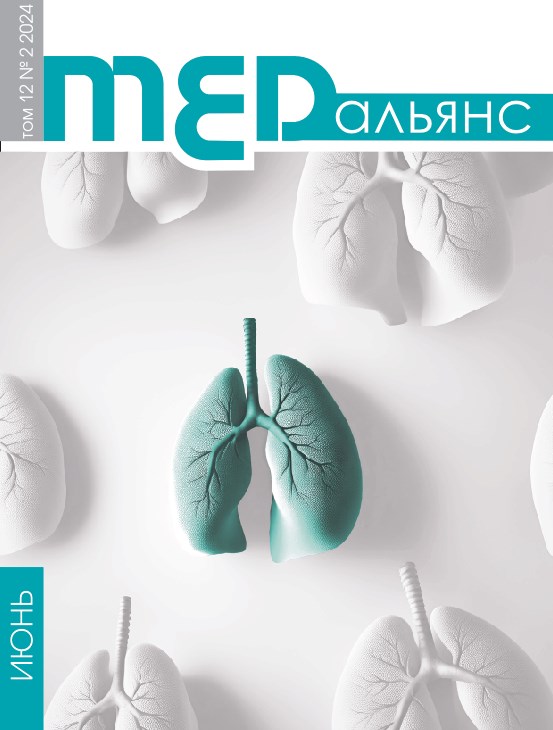Abstract
Background. Neoadjuvant therapy (NT) is a standard treatment method for patients with locally advanced esophageal cancer, which allows to reduce the size of the tumor, and, accordingly, stages T and N. The possibilities of PET-CT and endo-ultrasound in determining the residual tumor tissue in the structure of the esophageal wall against the background of post-radiation changes are limited. Prospective studies are required to determine the modern diagnostic capabilities of MRI in assessing the effectiveness of neoadjuvant treatment. The purpose of the study. To determine the possibilities of MRI in evaluating the effectiveness of neoadjuvant treatment of locally advanced esophageal cancer. Materials and methods. 72 patients diagnosed with esophageal cancer were examined. The average age of the patients was 63.4±12.2 years, 49 (68%) of the patients were male, 23 (32%) were female. All patients (72 people) underwent MRI followed by histological verification of the diagnosis. Statistics. Statistical processing of categorical data was carried out using the following methods: frequency tables, conjugacy tables, CHI-square criterion or Fisher’s exact criterion (in the case of a small sample number). The differences were considered statistically significant at values of p <0.05. Results. According to the data obtained, the overall sensitivity of the MRI method when compared with the results of histological examination in determining the severity of pathomorphosis was 59.1%, the general specificity was 93.5%, and the accuracy was 80.7%. Conclusion. The use of the multiparametric MRI protocol demonstrated a sufficiently high diagnostic efficiency in assessing the tumor response to neoadjuvant treatment. Further research on this topic will optimize the individual approach in choosing patients’ management tactics and improve the quality of their lives.

